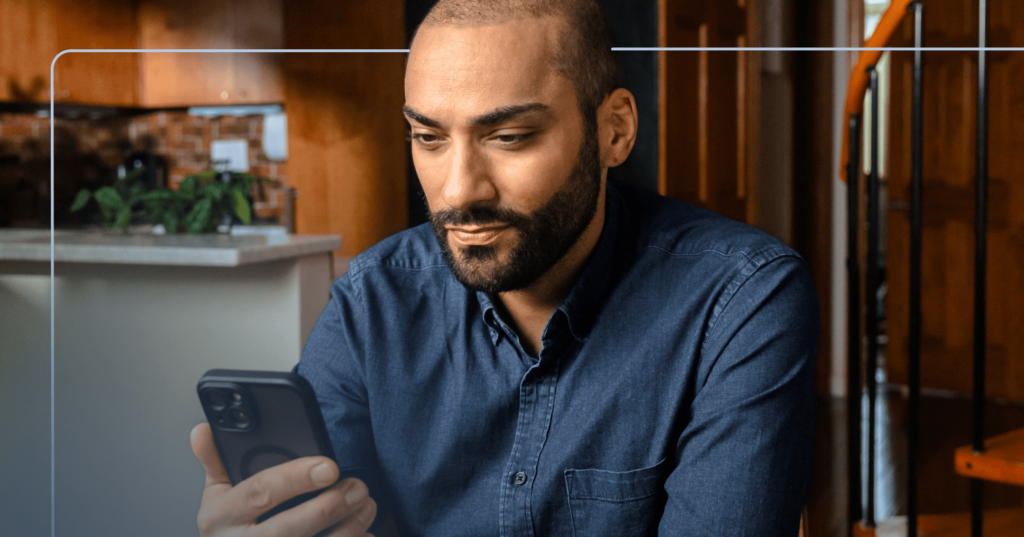There are many types of eating disorders, but a factor they all share is the disruption of healthy eating behaviors.
Eating disorders often impact both mental and physical health and can be deadly if left untreated.
Effective, tailored treatment options are available for all types of eating disorders. A qualified mental health professional can help you find the right treatment for you.
Eating disorders are serious mental health conditions, and there are many different types. They’re all characterized by disruptions in eating behaviors and associated negative thoughts and emotions. The signs and symptoms of eating disorders vary, as do treatment options. This means there’s no one “right” treatment that will work for every type of eating disorder.
Fortunately, a qualified mental health professional can help you or a loved one navigate the options and find the best treatment possible. Learning about the treatment options and process ahead of time can also help you navigate the process.
What treatment options are available for eating disorders?
There are many different treatment options available for different eating disorders. Depending on the person and the circumstances, a combination of treatments might be the best option.
People with eating disorders are also at risk for co-occurring mental health conditions, including depression, anxiety, and substance use disorder. If other conditions are present in addition to the eating disorder, it’s important that treatment takes those conditions into account too.
Here are some treatment options you might explore with a qualified healthcare provider:
Therapy
Talk therapy is a first-choice treatment for eating disorders because it can help people address the psychological and social factors that can lead to an eating disorder.
Specifically, cognitive behavioral therapy for eating disorders (CBT-ED) is one of the most effective and evidence-based therapies. With the help of a therapist, people learn to recognize their untrue and harmful thought patterns related to food and eating through talk therapy. It can also help people improve issues with body image, which are common with eating disorders.
Dialectical behavioral therapy (DBT) is another kind of talk therapy that’s useful for eating disorders. In DBT, a therapist can help you learn how to regulate your emotions in healthier ways. This is especially useful because having an eating disorder can lead to more challenges with emotional regulation.
Nutrition Education
Dieticians and other qualified professionals can play an integral part in healing from an eating disorder. For one, they can help put together a meal plan for you that includes essential nutrients.
But nutrition education often goes beyond a meal plan. Dieticians can help people understand why the new behaviors they’re establishing matter. This can go a long way toward helping someone create a new and healthy relationship with food.
Medication
While medication alone isn’t enough to treat an eating disorder, it’s best used alongside talk therapy. Research has advanced in recent years to find medications that are effective for supporting treatment goals for those with an eating disorder. This advancement adds to the evidence found to support the use of medication to reduce symptoms in BN and BED. There is still a need for medication recommendations for ARFID and OSFED.
The care you need, when you need it
Learn how Rula can support your mental health journey
What’s the best eating disorder treatment for adolescents?
While many of the above options work well for all ages, treatment options for eating disorders may be different for adolescents and teens than for adults.
Experts consider family-based therapy (FBT) the gold standard for treating eating disorders in adolescents and teens. Research shows that family-based therapy is the best fit for underweight kids who restrict their food intake and for kids with binge-eating and purging behaviors.
Like the name suggests, the child’s family is involved in FBT. Parents play a big role in encouraging their child to adopt healthy eating behaviors, especially at mealtimes. FBT focuses on improving nutrition rather than analyzing why a child has an eating disorder in the first place.
With restrictive eating behaviors, like anorexia, some experts think that a child displays some of these behaviors because their brain is starved. It’s thought that once a child can maintain proper nutrition, they can think clearly and make healthier decisions about food.
During mealtimes, for example, it’s important for parents not to argue with their child about why they should eat more. FBT gives parents tools for how to have these conversations constructively. This FBT treatment is typically structured around 20 weekly sessions.
Siblings can also help offer support. FBT can be stressful for a kid experiencing an eating disorder, so their siblings can help them forget about their condition through play and just being a kid.
Why is treatment for eating disorders important?
Sadly, eating disorders can be deadly. Almost every hour, one person dies because of an eating disorder. Because the stakes are so high, it’s crucial to reach out for support if you or a loved one is experiencing an eating disorder.
Eating disorders can take a severe toll on your physical and mental health. Some of the consequences can include:
Heart failure
Muscle loss and weakness
Severe dehydration, potentially leading to kidney failure
Hair loss
Possibility of esophagus rupture
Tooth decay
Pancreatitis
Gallbladder disease
Recovery can be a long-term or even lifelong process. But people can recover from eating disorders. For example, adults with anorexia who go to therapy can reduce their unhealthy eating behaviors by 60%.
Guidance on your journey to eating disorder recovery
Recovering from an eating disorder can be difficult, but there are concrete steps you can take on your path to healing. Here are a few ways to get started:
Tell a trusted family member or friend. If you’re shouldering the burden of your eating disorder on your own, confiding in someone you trust can offer you some relief. Even if you’ve told someone already, bringing more people who care about you into the loop can only expand your support system.
Research treatment options. The variety of treatment options makes it so that you don’t have to rely on any one approach. But it can be helpful to research which options are most effective for your specific eating disorder. Know that you don’t have to make the decision alone.
Connect with a qualified healthcare provider. A doctor, therapist, or other qualified healthcare provider can talk with you about the options available and what makes the most sense for your particular situation. You may need a team to support you, like a dietician, therapist, and family members.
It is also important to be aware that you may relapse during your journey toward recovery. That’s OK and normal. It can take time and a bit of trial and error to create a healthier relationship with your self-image and food. Recovery is not a linear path, but a journey to heal the different aspects of your health, including physical, behavioral, and psychological.
In my experience, starting treatment is one of the hardest steps for those with an eating disorder. Unlike many other mental health conditions, my clients with eating disorders may not want to experience change. Going to therapy even when you are not ready to say goodbye to your eating disorder behaviors is a great step.

Elise Miller, MA, LPC
Clinical reviewer
Find care with Rula
Eating disorders are incredibly common, and taking the first steps toward recovery is a brave investment in your future. Healing from an eating disorder is possible, and there are many treatment options out there.
This is where Rula comes in. Using our therapist-matching tool, you can get connected with a world-class therapist who accepts your insurance in as little as three minutes. And our network of over 15,000 therapists means you can meet with a therapist via live video as soon as tomorrow.
Rula's editorial process
Rula's editorial team is on a mission to make science-backed mental health insights accessible and practical for every person seeking to better understand or improve mental wellness.
Members of Rula’s clinical leadership team and other expert providers contribute to all published content, offering guidance on themes and insights based on their firsthand experience in the field. Every piece of content is thoroughly reviewed by a clinician before publishing.




